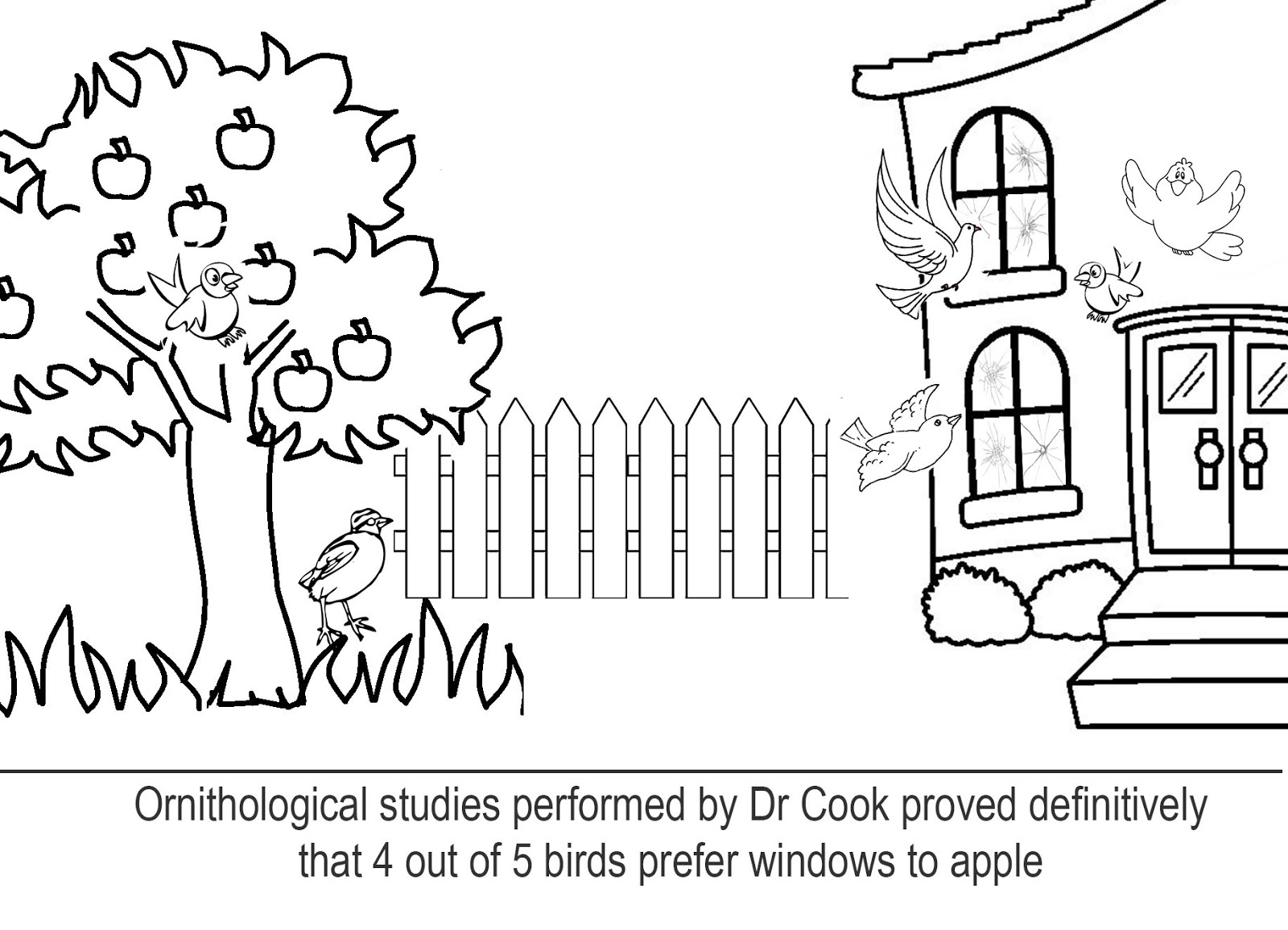
My sister thinks that I am almost primitive for not having switched to an iPhone. She was even more surprised when she saw my reluctance to make this switch when she recently bought an iPhone7 for all family members while visiting us recently from the US of A.
Till about a year back I was terribly happy with a BlackBerry (BB), until it became clear that many convenient apps did not make versions compatible with this device. So, I switched to Android. As I mentioned in one of my posts that went viral, BB lost the plot when it failed to take a few significant decisions in its product lifecycle. Even while Apple is likely to be the first company ever to achieve a US$ 1 trillion market cap, its fate might be similar to BB if it doesn’t change course.
If you see someone struggling with a tangle of battery packs and wires, you can bet they are iPhone users.
It’s a given that until recently Apple used to make the most beautiful phones and laptops on the planet and yet a statistic that I came across pleasantly surprised me. Give or take, Apple has less than 20% market share of the smartphone industry but pockets 90% of the entire profits of the smartphones sold across the planet.
And that’s why the smartness and iconic status of Apple in every aspect makes it the most talked about brand in the world.
But here are some buts.
Product efficiency must be far better than the rest of the competition
If you see someone struggling with a tangle of battery packs and wires, you can bet they are iPhone users. It’s hard to imagine that Apple hasn’t been able to get its battery right. And on top of that they aren’t even apologetic about it. If someone was to have a long working day from 5am to midnight, Apple would probably pack up by noon sans assistance. It’s a shame to see iPhone users nervously struggling with chords and chargers. Apple must do something about its batteries or it’s in trouble.
For one-sixth the cost of an iPhone, [a] Chinese brand gave me far superior efficiency in terms of interface, battery and response.
Further to substantiate my belief I used a US$200 Chinese phone along with an iPhone7 for a fortnight. For one-sixth the cost of an iPhone, the Chinese brand gave me far superior efficiency in terms of interface, battery and response.
A position of supremacy can neither be taken for granted not can it last forever
A brand like Apple must consolidate its present position and try and capture a much larger market share. Customers are conscious and no brand in this ever more connected and efficient world can charge a 4X premium for just a little more beauty and efficiency.
The saga of success that started in early 2000s, when iPods took over the world, must continue into a new product or invention. For how long can Apple continue to play with just different sizes and shapes of the iPhones? Customers will eventually wise up to the fact that it’s vinegary old wine in a sleek new bottle.
Product evolution in line with customers’ demand/desire
Every other phone comes with a two-SIM slot that is really the most practical functionality to have for people who travel and are sometimes in need of alternate numbers (or simply want to have separate work and personal numbers). Apple has conveniently avoided providing this most desired functionality. If India and China with multiple GSM service providers at multiple GSM frequencies are to be Apple’s next serious countries of growth, it must start providing two-SIM phones sooner rather than later.
A starter two-SIM phone costs as little as US$40, and it’s terribly surprising that Apple hasn’t thought of it as its top priority while singing paeans to its India and China potential.
Greed is good but put a stop somewhere
As Gordon Gekko says – Greed is good and Apple has brilliantly realised its greed to an extent that its cash reserves of US$250 billion are more than the GDP of many countries in the world, But all of it can quickly disappear if the most powerful engine of this growth feels short-changed—and that engine is the customer.
All it would take is a few quarters for Apple’s castle to come crashing down. It will happen if the customer—who is king—realises, what a “Charlie” Apple is making out of them.
Microsoft strategically and conveniently allowed piracy of Windows in all second and third world countries for the longest period of time but captured a significant market share. The only sustainable ecosystem of programs and software across the planet is aligned to Windows. The world today is reluctant to switch off from Windows even if there are better and cheaper alternatives available. Apple seems to be losing this plot somehow.
Forget the profits and the success and the iconic status of Apple as a company—with just 20% market share at five-six times the price of similar products, all it would take is a few quarters for this castle to come crashing down. It will happen if the customer—who is king—realises, what a “Charlie” Apple is making out of them.
WhatsApp wouldn’t have existed today if BlackBerry had opened its
.[Source”GSmerena”]









